The exhibition ‘Dones fent paisatge’ reflects on the real role of peasant women in contrast to the idyllic image recreated by the tourist promotion of Mallorca in the 1960s
“Dones fent paisatge. Territori, turisme, ruralitat i gènere” is an exhibition that can be visited until the 16th of April at the Raixa estate, located in the municipality of Bunyola.
The exhibition consists of six large panels, which hang from the beams of the entrance hall of the Raixa estate, with a selection of photographs of rural women from the first half of the 20th century.
It is the result of journalist Empar Bosch’s research residency at Casa Planas. She compiled a hundred photographs from the 1960s, interviewed twelve women who lived in the Serra de Tramuntana and analysed their role in caring for the territory. All this research work has been brought together in the book “Dones fent paisatge” (“Women making landscape”), published by the Serra de Tramuntana Consortium and Casa Planas. Which forms part of a broader project of historical and cultural analysis of the territory with the support of the Euroregion.
New narratives of landscape and cultural identity with a gender perspective
Bosch’s work seeks to construct new narratives of landscape and cultural identity from a gender perspective. She wants to give visibility to the real role that women have played and to break stereotypes about their visual representation as a tourist attraction, which relegates them to a mere ornamental role.
The Consell de Mallorca has located more than 250 women olive pickers, a group that received the Medal of Honour and Gratitude 2021. They are the last generation who can tell in first person what it was like to live in a world so different from today. It has organised eight acts in recognition of the olive harvesters, the last one in Valldemossa. They were also held in Caimari, Bunyola, Fornalutx, Campanet, Sóller, Puigpunyent and Banyalbufar.
A photographic archive of more than 3 million images
The work of women in the countryside is little documented, which is why the collection of the oral testimonies of the women who still keep their experience in their memories is so valuable. They had to combine agricultural work with domestic chores and often with handicraft activities in order to earn an extra income.
Casa Planas has a photographic archive of more than three million images that portray the tourist boom in Mallorca, showing the use of the artificial image of the peasant woman as a tourist attraction. Most of the images found are a romantic and picturesque recreation of rural women in an environment far removed from the harshness of the mountains.
Consell de Mallorca stresses that giving a voice to all these women and remembering their work, as gatherers, charcoal makers or peasant women, is to preserve their testimony. It serves to inform present and future generations of their experiences. And that they can be included in the history that tells the story of the configuration of the cultural landscape of the Serra de Tramuntana, declared a World Heritage Site by Unesco.
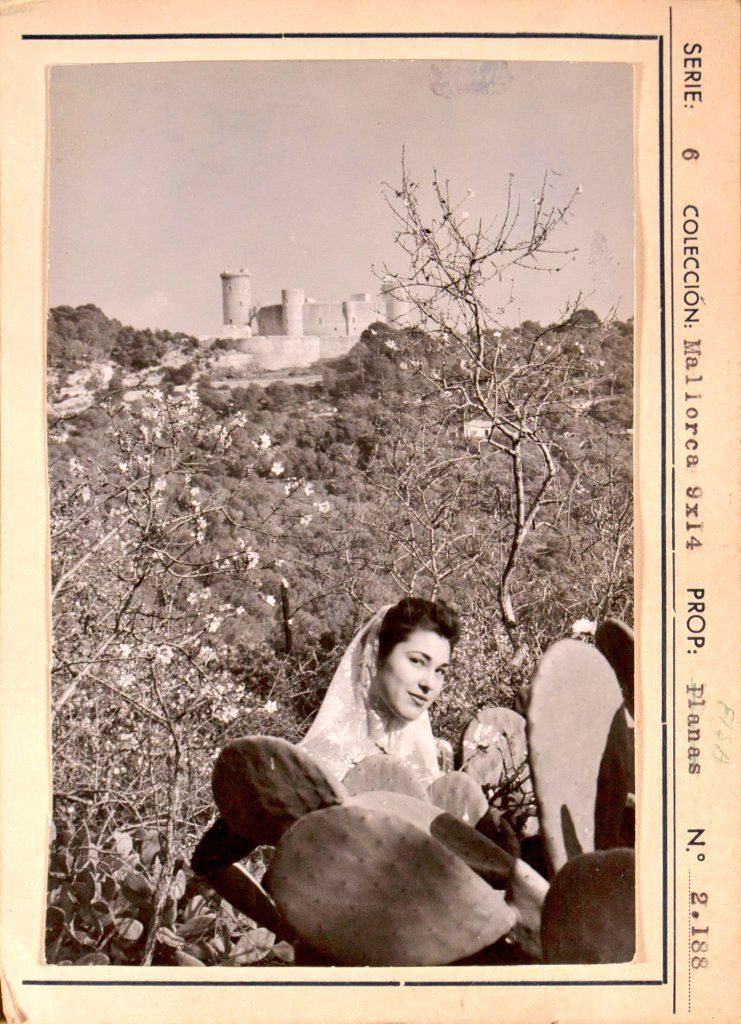
‘Dones fent paisatge’. Consell de Mallorca
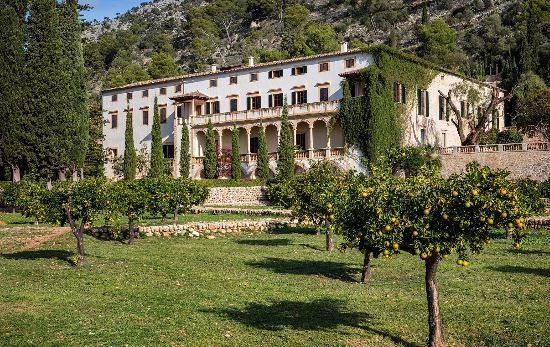
Raixa (Bunyola). Consell de Mallorca.

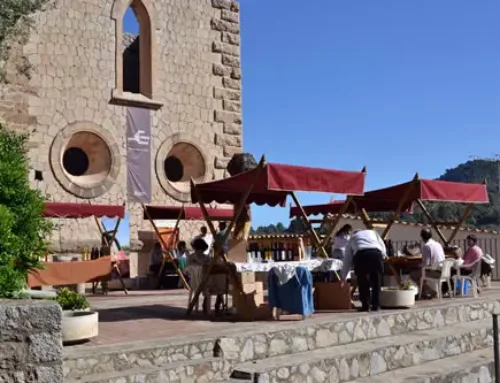

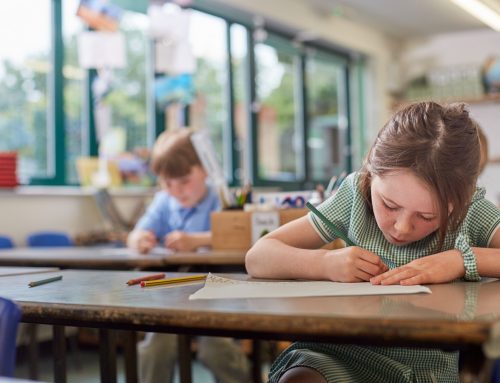
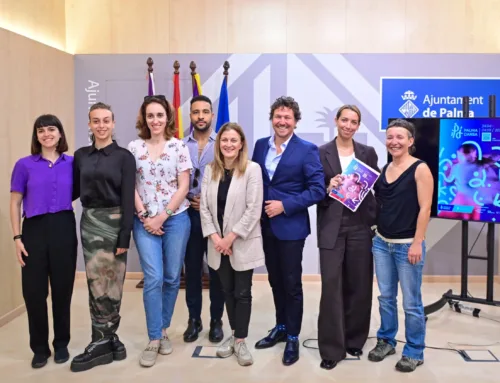
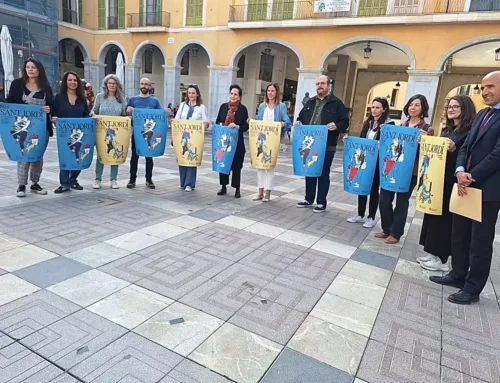

Leave A Comment